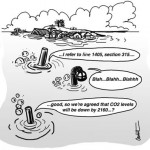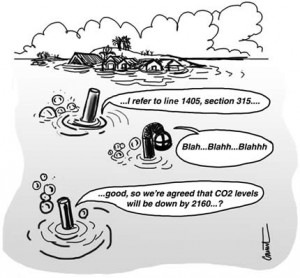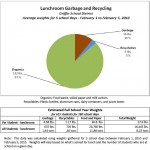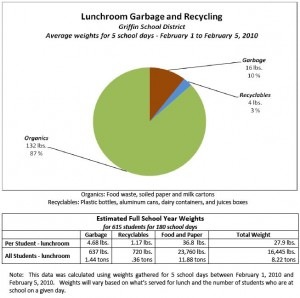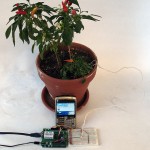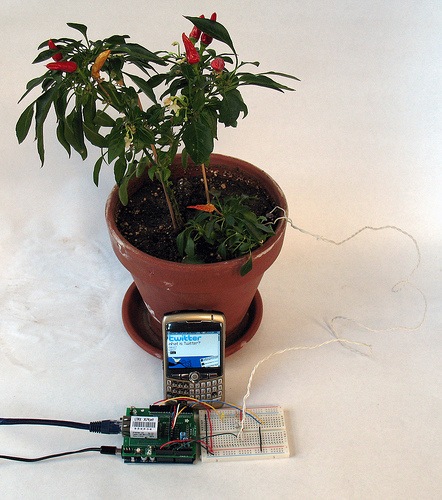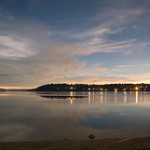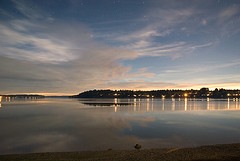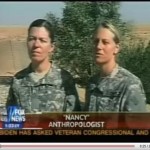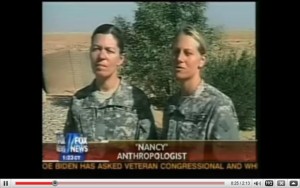Commissioner's Note
Dear Friends & Supporters,
It has been exactly a year since I took the oath to uphold the state constitution, a year since I moved from my Okanogan ranch to Olympia, and a year since beginning my job as Washington State's Commissioner of Public Lands.
When I ran for office, I pledged that Washington's public lands would be healthier and more sustainably-managed with me at the helm---and today, as the Governor gives her State of the State address---I thought I might take the opportunity to give you my reflections on my first year in office.
It was a whirlwind of a year---marked by big successes and even bigger challenges, but ask a rancher if easy work ever yields grand results, and see what he says.
Here are the top ten issues & successes that, I think, best define my first year in office:
1. Establishing Guiding Principles for My Administration: I made it clear when I took the oath of office, that I would be principled in my decision-making and that my expectation was that every staff-member of the department would do the same. I pledged to lead by example, and forecast my three guiding principles: Manage the State's resources sustainably; Make decisions based on sound science and; Make decisions in the public interest and with the public's knowledge.
2. A Nightmare of a Budget: The first thing I had to do when I walked in the door of the Department of Natural Resource was to quickly address the realities of our budget and the timber market. It is never easy to make difficult choices around staff reductions and doing the people's business with fewer resources, but we faced budget cuts in the tens of millions. It was a terrible spot to be in, and sadly, many smart hard-working people lost their jobs. Now I am focused on doing what needs to be done, with less.
3. Harvesting Energy through Biomass: At my request, the legislature authorized DNR to create two biomass energy demonstration projects to pilot new approaches for this emerging renewable energy industry. We've selected our green-energy partners and are well on our way to creating new revenue streams, healthier forests and green jobs in Washington.
4. Protecting Puget Sound: Clean water in the Puget Sound begins at the crest of the Cascades. As part of the Goldmark Agenda, the agency's strategic plan, we are defining goals and measurable objectives that link our aquatic lands and our uplands and regulatory programs and opportunities for ensuring that the way we do business contributes to the Puget Sound recovery.
5. Preserving Land for Conservation: When I go out on the land, I think about what will be left for future generations; which is why I designate places like the Middle Fork Snoqualmie as Natural Resources Conservation Areas (NRCAs). This 10,270 acre natural area, is nested along Interstate 90, and flanked by the Mount Si NRCA and federal forests. Natural areas, like this one, are designated to protect ecological systems and habitat for threatened and endangered plants and animals, while also recreational opportunities for all of us.
6. Preserving Land at Risk of Conversion: Ask anyone I work with and they will tell you that I feel most at home when I am out, on the land, seeing how public lands are managed. One of my best memories of my first year in office was when I walked up to an overlook in the Raging River Watershed to announce the purchase of 8,000 acres of forest land that would permanently preserve a large piece of the greenway along I-90 for sustainable forestry, habitat, and public access.
7. The Aquatic Reserve on Maury Island: One of the first things I did after taking my job was to address the last-minute lease of state land for building a controversial dock in an aquatic reserve on Maury Island by my predecessor. I saw it as my responsibility to ensure that this lease was carried out in the best interest of Puget Sound and the people of the state. After reviewing the lease, I determined that NW Aggregate would not be able to comply with the lease in a way that is consistent with both the objectives of the DNR's aquatic reserve or the clean-up and recovery of Puget Sound.
8. Having the Conversation---Small-Forest Land-Owner Summit: We can all agree that we want forests not strip-malls. With development pressure increasing, it is important for me to acknowledge the role I play in making sure that families and individuals, who want to stay in forestry, can. I campaigned on addressing the risk of conversion, which is why I've begun a conversation with land-owners about how we can support "anchoring" their forests in Washington, for the long-term.
9. Managing the Largest Fire Department in the State: This year, despite the high number of fires and the hot, dry conditions on both sides of the Cascade Mountains, DNR limited the number of acres burned this year. I also cut costs in fire management by 20%!
10. Bringing 21st Century Technology to DNR: I have updated how we communicate with the public, with an eye towards increased transparency. Our new blog, "Ear to the Ground" (www.washingtondnr.wordpress.com), along with other social networking tools like Twitter, YouTube, Flickr, Facebook and MySpace, will ensure that we follow through with my commitment to better, more responsive government. Putting our leases online and other improvements will insure that we are informing the public of our actions.
As I have said in the past, thank you for the support, advice, and encouragement you have given me. I look forward to the challenges that 2010 is sure to bring, and as always look forward to hearing from you.
Sincerely,

Peter J. Goldmark
Commissioner of Public Lands

